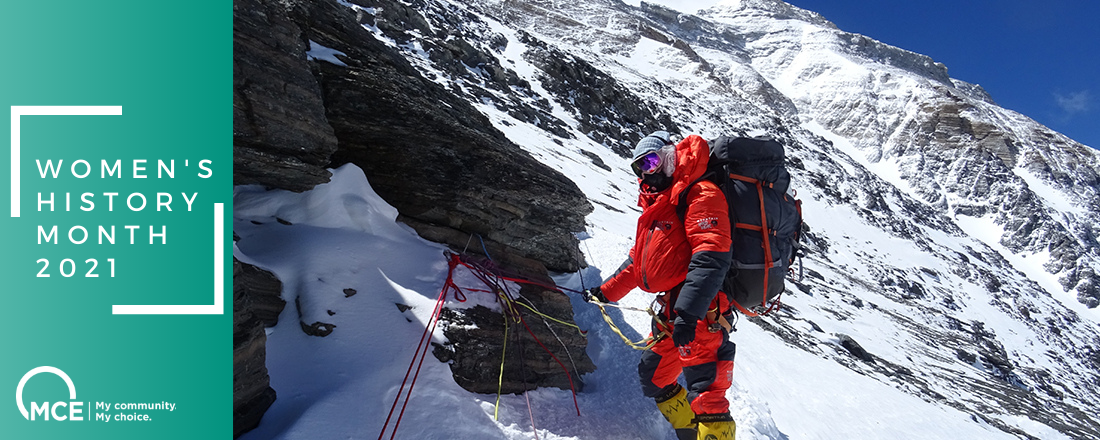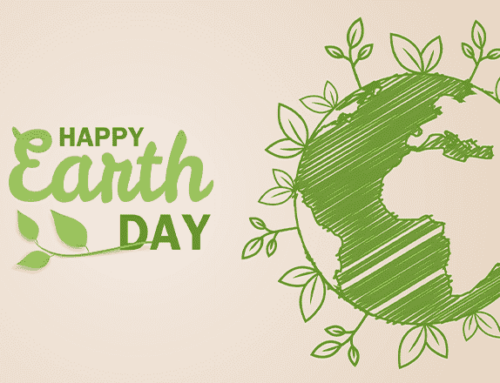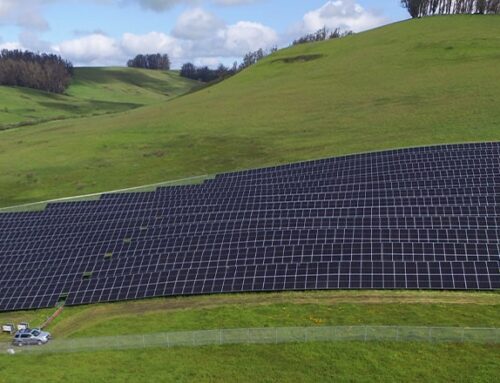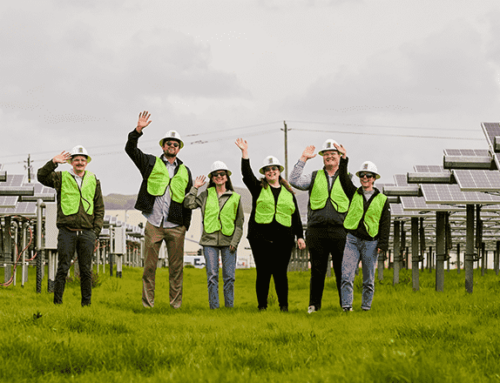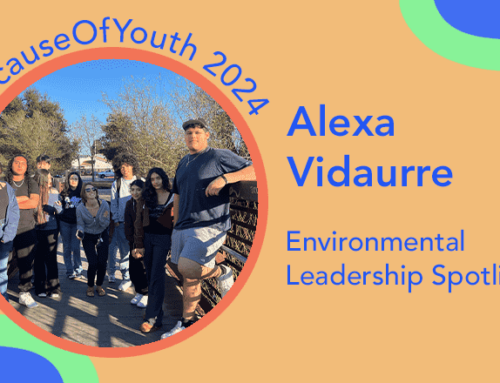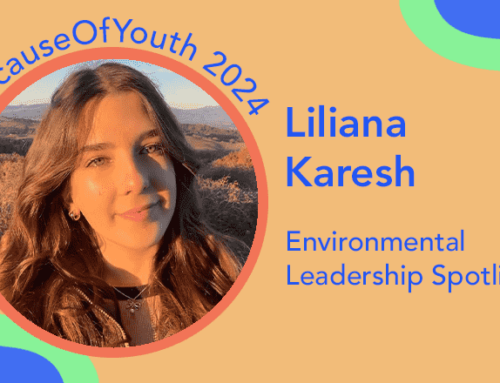In honor of Women’s History Month, we are highlighting Marin resident Illina Frankiv. Illina is the Director of Energy and Sustainability for the Americas at WeWork, where she leads the company’s transition to clean energy. Outside of work, Illina is a mountaineer who has climbed the tallest mountain in 5 of the 7 continents. In 2018, she became the fourth Canadian woman to summit Mount Everest via Tibet.

How did your background shape your interest in environmental work?
I was born in Ukraine and moved to Canada when I was 11. In Ukraine, we were very frugal so when I moved, North America’s consumer culture shocked me. That difference made a big impression on me, and I chose environmental science courses in school. I majored in environmental science at the University of Western Ontario, and then went on to complete my Masters in the same field. I started my career as an analyst dealing with electricity, waste, and water data for large corporations. As I grew in my career, I began to understand the impact of energy on people, communities, countries, and international relations. Clean energy is the future, and it’s exciting to be part of that change.
What do you do at WeWork?
As Director of Energy and Sustainability I am responsible for ensuring that WeWork operates in a sustainable manner. Initially, my role was to build WeWork’s first energy management program which focused on making the company operationally carbon neutral by 2025. Today, my team continues to progress towards this goal and also focus on managing our resources responsibly and supporting our members in their sustainability journey.
What does making WeWork carbon neutral look like?
The energy load at WeWork is distributed across many small office buildings that are similar in size to a large residential load. Organizations like MCE are the foundation of our ability to transition to 100% renewable energy because we can’t build solar or wind farms for every property. Companies should focus on what they do best, which is running their business, and rely on the utilities to produce the green electrons for them. Thus, we’re thankful to local organizations like MCE because they make it very easy for us to buy clean electricity for our locations. There are very few places in the world where the energy transition is that far ahead—organizations like MCE are the backbone of that change.
Can you tell me about your mountaineering experience?
I started mountaineering 6 years ago with Mount Rainier, the tallest mountain in Washington. After that, I started setting bigger goals for myself to see how far I could go. After 3 years, I successfully summited Mount Everest in 2018. As a climber, I’ve spent a lot of time going to different parts of the world and interacting with small, remote communities. Witnessing the real impact climate change has had on these communities has been eye-opening. It is the less privileged societies that disproportionately suffer from changes in climate.
What has been your most fulfilling environmental project?
In Pakistan, I led a personal impact project that helped the village of Askole to thermally insulate their only school. Askole is the last village that climbers pass through on their way to K2, the world’s second tallest mountain. A lot of the villages on the way to base camp don’t have electricity, and temperatures get down way below freezing because of the altitude. In the case of Askole, students could not attend school from November to April as the temperature in the building was too cold. Through my community I was able to raise enough funds to complete the school insulation project in October of 2020, enabling the students to continue their studies even during the winter months. The project inspired me to continue working with the village, and I hope to eventually bring them solar infrastructure. Utilizing my career and experience to directly help people has been the most rewarding experience. And who knows, maybe I’ll give K2 a try some day.
What do you envision for the future of corporate sustainability?
I hope that everyone, residential and commercial clients, can buy clean energy from utility companies as a standard option. Corporations can have a huge impact through their supply chains, so I want to see corporations help lead that transition to clean energy by setting audacious goals. In the corporate world, executive leadership often treats sustainability as an extra agenda topic instead of as the main conversation, and that must also change. Sustainability needs to be at the core of business plans and operations.

